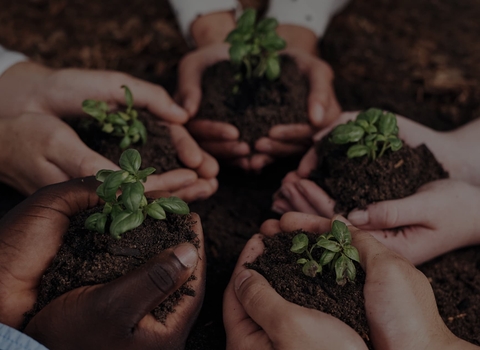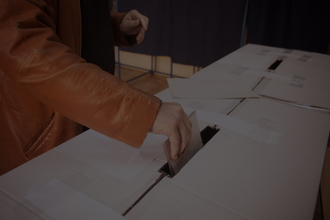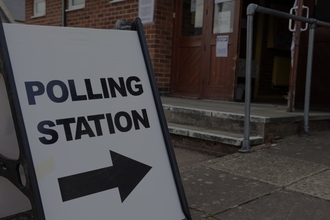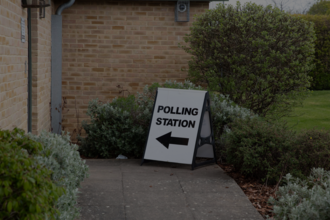Every time we approach an election, there will be those of us who feel sure of ourselves and our impact, and those of us who start to question ‘Does my vote really matter?’. There is no shame in either feeling, and voting can be a very personal experience. Depending on your political standing, you might think that no single party at present is catering to your best interests, or you might think that there is indeed a party with whom you agree but that they aren’t likely to win. Is there a point in casting your vote?
Our short answer: yes! But let’s get into why.
Your vote’s local & wider impact
People often think that their vote doesn’t matter if the party they support isn’t likely to win the overall election. Even if you think you aren’t voting for a party that’s likely to win, your vote still counts, especially in the context of the UK’s electoral system, let us explain...
When you vote in a general election, you are voting for a Member of Parliament (MP) to represent your local constituency (area). There are 650 constituencies across the UK and 17 in Kent. The party that wins MPs in more than half of those constituencies forms the government – but that leaves a possible 324 other seats in parliament for MPs from other parties (or independents). While those MPs don’t have as much power as the cabinet or ministers (appointed by the Prime Minister from their own winning party), they can still vote in parliament, debate ideas, raise issues, and even propose bills.
When a party secures more seats in parliament, its ability to push for policies that align with it increases – including those that support nature and the environment.
Wider impact
Think about the wider impact of having more MPs who prioritise wildlife and the environment. They can:
-
Advocate for green policies
-
Hold the government to account
-
Raise awareness in parliamentary debates.
Local impact
In terms of local impact, too, voting will have a direct effect on your community. Say you choose a candidate who is committed to environmental protection – you're not only supporting their national agenda but also making sure your local area is represented by someone who values wildlife. In your local area, MPs can:
-
Influence local policies by working with councils
-
Secure funding for local green projects and resources
-
Listen to and engage with the concerns of constituents, bringing their voices to parliament.
A vote for nature this election
Increasing temperatures, more extreme weather, habitat destruction, pollution, harmful chemicals, stripped soil, species decline – our country and our world bear the weight of unprecedented environmental challenges. It seems like every day we are told the timeframe we have to make a difference is narrowing. The actions we take today, then, will shape the world we leave for future generations of both humans and wildlife.
This general election offers us an opportunity to advocate for the protection of our natural world with an ‘X’ on a ballot paper.
It is crucial that the next government prioritises protecting the earth’s natural resources. Keep in mind that when you vote, you aren’t just selecting a candidate, but are supporting a set of policies. Will the candidate speak up for nature in parliament? Will they push for investments in renewable energy, in pollution controls, and for the protection and reintroduction of endangered species.
Learn more about what we are asking of candidates this election.
What to look for
Be sure to look at the manifestos of your candidates’ parties, their voting records (if they have previously been an MP), and even the candidates’ social media accounts.
When evaluating the different parties and candidates, seek out and assess their stance(s) on:
-
W – wildlife recovery. Do they have a plan for managing habitat loss and species recovery?
-
I – incentives for nature-friendly farming. Do they support a shift towards regenerative, nature-friendly methods?
-
L – land, river, and sea pollution. Do they promise to deal with sewage and agricultural pollution?
-
D – developments that defend & restore nature, not destroy it. Do they argue for better regulation around how and where developments are built?
We’re asking all parties to get WILD this election, and for all Kent voters to #VoteWILD!
Remember – every vote counts, and each one sends a powerful message about the things you value most. When you vote with nature in mind, you voice your support for a greener, healthier, more sustainable world.
Get involved
Speak Up for Nature
Subscribe to our Speak Up for Nature mailing list to get exclusive access to our #VoteWILD toolkit to help you answer nature’s call.




